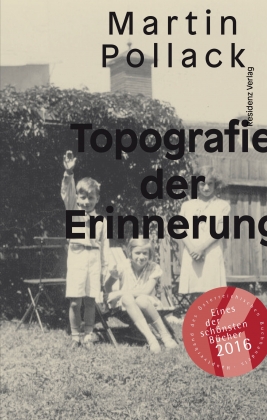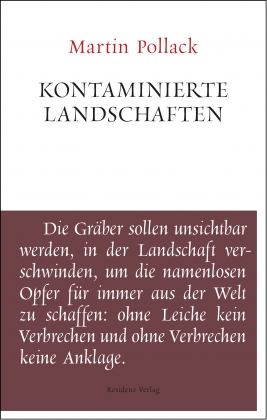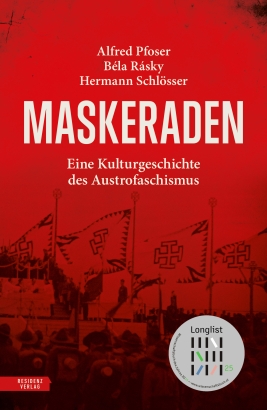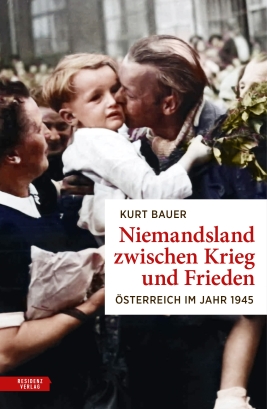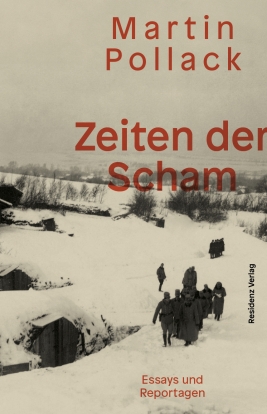
Martin Pollack Gerhard Zeillinger (Edited by) Gerhard Zeillinger (Afterword by) - Zeiten der Scham
Essays und Reportagen
Das aufrüttelnde Vermächtnis eines großen Autors und Humanisten
Pollacks Buch „Zeiten der Scham“ versammelt Essays und Reportagen eines leidenschaftlichen Kämpfers für Demokratie und offene Gesellschaft. Der Band bietet eine sorgfältige Auswahl von Texten aus den letzten Jahren – packende Reportagen aus osteuropäischen Ländern wie der Ukraine, Belarus oder der Republik Moldau, aber auch Aufrufe zum Widerstand und bewegende Reden gegen das Vergessen des Holocaust. Immer wieder setzt sich Martin Pollack auch mit der schwierigen Geschichte seiner eigenen Familie auseinander. Und in seinen letzten, bereits von Krankheit gezeichneten Jahren hat er sehr persönliche Beobachtungen aus seinem geliebten burgenländischen Garten, Geschichten von Apfelbäumen, Jahreszeiten und allerlei Getier verfasst, die hier erstmals publiziert werden.
Book details
288 pagesformat:140 x 215
ISBN: 9783701718061
Release date: 16.06.2025
License rights
- World rights available






